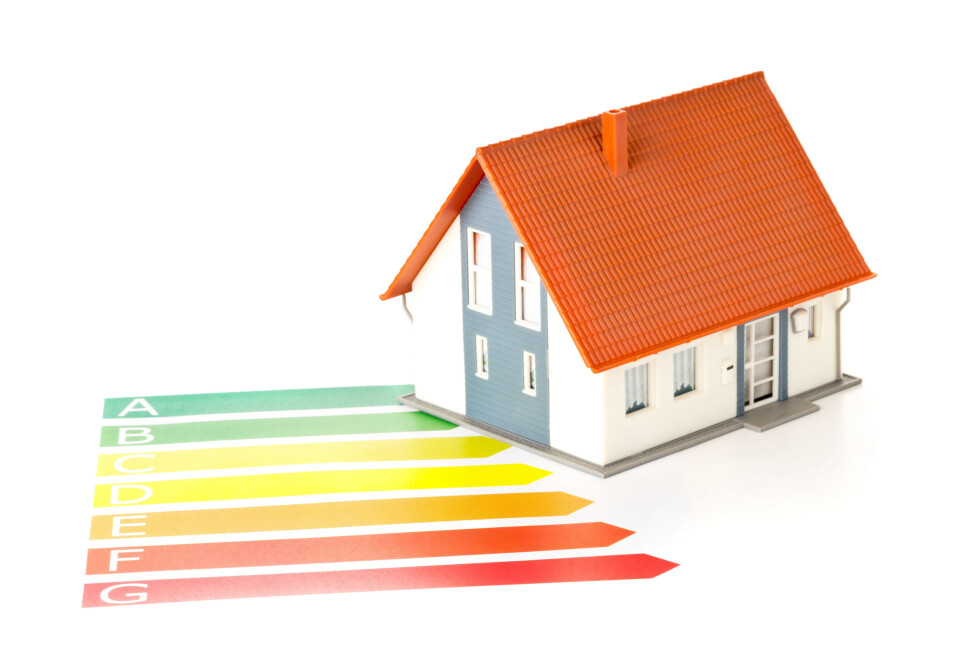-
Free fraud service for UK homeowners living in France
Owners are encouraged to sign up for a free monitoring service from HM Land Registry to reduce risk
-
Do I need the devis to contest French builder’s bad job?
An estimate is a legal contract between you and the person doing the work
-
How to lower the amount you pay for insurance in France
‘Big three’ insurances all set to see costs rise in 2026
Is France’s DPE property energy rating based on actual bills?
We look how the rating for the new diagnostic de performance énergétique (DPE) is obtained

Reader question: Our French home is an old stone building so scores low on DPE ratings but our heating bill is low as the property retains heat. Are bills not taken into account as it seems unfair if not?
The new diagnostic de performance énergétique (DPE) looks at theoretical and not actual energy usage.
It is a system based on building standards first imposed in the 1970s, and so does not adapt well to old stone properties where the thickness of walls and orientation of the house play a key role in keeping the inside warm in winter and cool in summer.
Read more: Old rural homes should be exempt from EU energy plan says French group
Heritage groups have alerted the government to problems with the system but little has changed.
The DPE technician fills out an online form, which has algorithms giving good scores for things like wall insulation, but which does not take into account wall width or orientation.
Receipts for insulation, double glazing and plumbing work are included – but not DIY projects unless purchase receipts can be matched to specific jobs, such as attic insulation.
DPEs are important for landlords as the government has banned properties with the lowest scores from rental.
Read more: Rent prices in France frozen for least energy efficient properties
For sales, they have no legal force.
Note though too that, since April this year, a mandatory ‘energy audit’ is required when selling a poorly-insulated French home (F or G rating) and should be shown to prospective buyers when they visit the property.
The document will suggest the work needed to raise the energy category, although carrying out the improvements is not necessary for the sale.
These new regulations on audits were originally planned for September 2022, but were pushed back to April 2023.
If a potential buyer uses the DPE or an energy audit to demand a lower price, you can of course always produce actual energy bills to explain why your house is a good buy regardless of what the ratings and audit shows.
Related articles
False energy audit, shrinking Paris flats and priciest French streets
Make sense of new energy audits for property in France
French property sales: Why do some listings not have energy ratings?
























